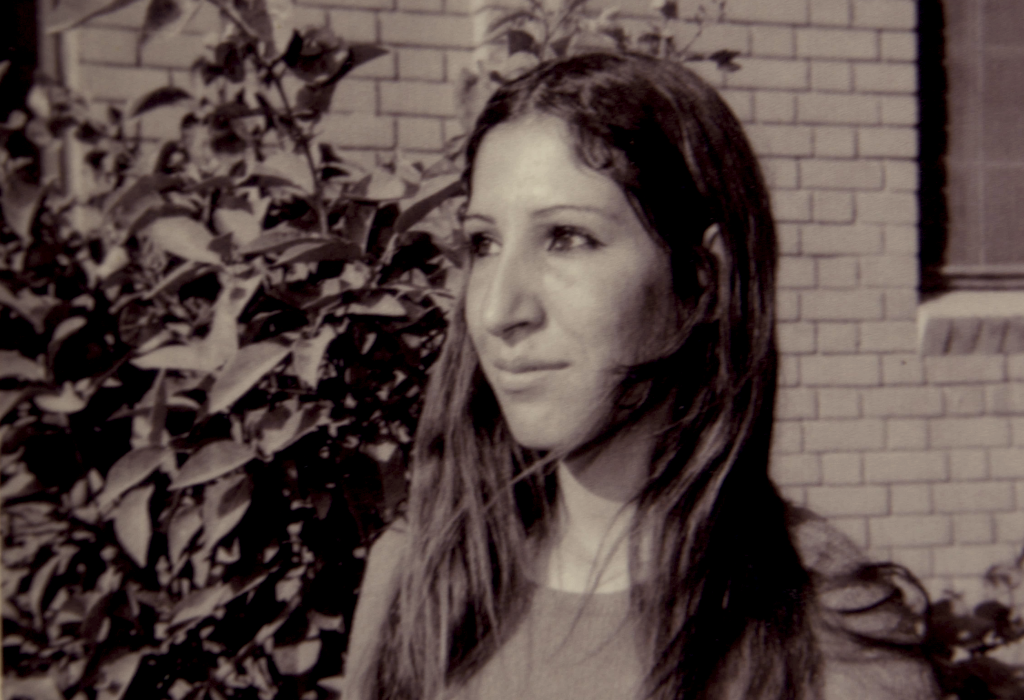Family of the late Kurdish revolutionary Leyla Qasim proposes reburial at Kurdistan Museum

Shafaq News/ The sister of the late Leyla Qasim, the Kurdish national heroine who was executed for her opposition to the Iraqi Ba’ath Party in 1974, has called for her to be reburied in Erbil in the grounds of the proposed Kurdistan Museum.
Leyla Qasim was the first female political activist to be hanged in the Middle East in the 20th century, and her execution mobilised a generation of women to join the Kurdish national movement. She was buried in Najaf in southern Iraq despite her publicly expressed wish before her death to be buried in her native Kurdistan.
‘I feel the time has now come for her be buried in her homeland. What could be more fitting than that her remains are taken from Najaf and re-interred in the grounds of the Kurdistan Museum in Erbil when it is finally built,’ Sabiha Qasim told the Kurdistan Memory Programme (KMP) in Erbil.
Leyla Qasim died at a time when Kurds in northern Iraq were in armed revolt against the Iraqi regime. Her name continues to inspire compatriots involved with the Kurdish struggle for statehood, no matter what their party political allegiances are.
A member of the Kurdistan Democratic Party (KDP) and a student at Baghdad University, she belonged to a secret underground cell working in Baghdad. The undercover KDP unit’s role, according to one member of the group, was ‘to make people in Baghdad aware there was a war going on up north.’
Born in December 1950, Leyla came from a very patriotic Kurdish family who supported the KDP led by Mullah Mustafa Barzani. She grew up in Khanaqin, northeast of Baghdad, and was a star pupil at the local school. She always saw herself as a Kurdish nationalist and even as a young girl wanted to see the Kurdish flag hoisted in her home town instead of that of Iraq.
‘She calmly ordered the secret police to wait outside her bedroom as she got dressed,’ recalls Sabiha Qasim. She told her family at the time, ‘They want me because I’m a Kurd’.
Leyla Qasim was taken to the security headquarters and incarcerated in the notorious Abu Ghraib prison on terrorism charges.
With her were four male Kurdish students, Hassan Hama Rashid, Azad Miran, Nariman Masti and Jawad Hamawandi, all members of the same cell. They were tortured and ‘falsely accused’ of planting an explosive device in a cinema, according to the KDP’s leader Masoud Barzani.
The group was kept in solitary confinement but with the help of a friendly female prison warden Leyla managed to alert her family to her whereabouts. It was the day of her execution on 12 May 1974.
Visited by her mother and father, she broke the news of her impending execution and also revealed she had been visited by the Iraqi government’s then second-in-command, Saddam Hussein.
She said Saddam had offered to let her study abroad if she would renounce the Kurdish cause. ‘I am a proud Kurd and will remain so to my grave,’ she reportedly told him. By rejecting his offer, she faced certain death.
At Abu Ghraib, her mother heard friends urging her to try and get the sentence commuted because she was a woman.
‘I am not frightened although I am a girl,’ she replied. ‘I want to be the first of us to be executed.’
Leyla Qasim was hanged a few hours after her parents left the prison. On the way to the gallows she is reputed to have sung the Kurdish national anthem, Ey Reqib (‘Oh Enemy’). Leyla’s body was returned to her family next day with her eyes gouged out. Permission for a funeral was refused and she was finally buried in Najaf.